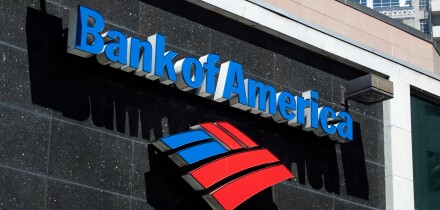Many market participants are not sure just how much tighter the EMEA investment grade loan market can go. Deals from Siemens and Nestlé have brushed the very depths of what can be expected from margins in the region — pricing their five year revolvers at 20bp and 12.5bp respectively — and bankers say they may struggle to cut pricing any further while still being able to afford the ink they sign the deals with.
But with margins reaching a nadir, bankers have now turned their attention away from pricing and are cranking up the tension on tenors instead. Indeed, lenders pitching for mandates for new transactions have been heard offering deals with seven year maturities in an effort to win business.
No borrower has yet taken up this offer, and there hasn’t been a seven year revolving credit facility completed in EMEA in almost three years, but this may not be down to banks’ lack of trying.
Treasurers at high grade borrowers are well aware that they could force their bank groups to commit to seven year lending if they pushed for it — back at the end of 2010, Sweden’s Teliasonera was able to pull in seven year loan financing even when many market participants doubted that longer tenors could be done. But a number of the lenders committing to that seven year facility did so kicking and screaming, and the deal left a sour taste in the mouth for many bankers.
Many treasurers do not want to cause such a rumpus. If they pressured their lenders, borrowers could make them match the terms offered in the most aggressive pitches, but they have no desire to cause difficulties for their long standing relationship banks.
Indeed, borrowers are well aware of the condition of the loan market — the vast amounts of over-liquidity and the lack of deal supply to satisfy under-lent banks — and they are tempering their responses to lenders appropriately. Across both the corporate and the leveraged loan market, there have been reports that borrowers have rejected the most competitive terms offered — terms that would make their loans most economically rewarding — and instead opted for a safer middle ground.
This is not to say that treasurers have taken a hit on their pricing of course. Margins for companies at the upper end of the investment grade market have halved over the last year, and according to data provider Dealogic have fallen to their lowest quarterly average since the first quarter of 2008. Treasurers from well rated corporates also know that they’ll be able to agree the extension options on their five year plus one plus one facilities, making their deals ipso facto seven year financing anyway.
But that borrowers feel the need to temper banks’ aggressive pitching is indicative of just how competitive the market for refinancing revolving credit lines has become. With banks desperate to lend and too few opportunities to satiate their need, many lenders expect to miss their budgets this year. Some are hoping that the jumbo Verizon transaction may kick-start a wave of M&A that might improve the market’s supply and demand imbalance, but until that materialises, borrowers may still find themselves having to say no to the most tempting of offers.






